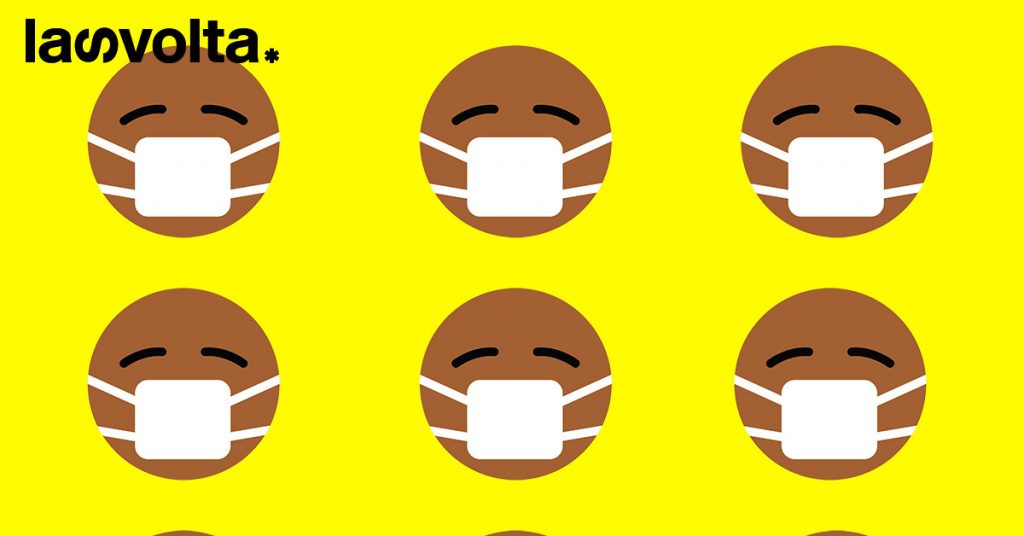Ebola, an outbreak after a pandemic

Like the rest of the world,Ugandawas hit by theCovid-19 pandemic. The first case was confirmed on 21 March 2020, and a day later, a country lockdown was declared by the President as one of the measures to curb the spread of the virus. Other measures included compliance with the Standard operating procedures, closure of schools and public places, banning of public gatherings, halting international travel across borders, and others. As all these measures were instituted, fear amongst the citizens was witnessed as people stigmatized households of those who fell victims to the virus. The Ministry of Health and its partners, then went ahead to emphasize sensitizing the citizens on the effects of the stigma around previous patients of the virus. By May 2020,Uganda registered its first 100 confirmed Covid-19 casesand, in July 2020, the first death from the virus was reported. Many commended Uganda in its remarkable response to curbing the spread, including theglobal fundas it registered fewer deaths than other countries in Africa and around the world. However, the pandemic left scars on the nationals both physically and mentally as many lost their loved ones, jobs, and livelihoods, some children dropped out of school, and cases of violence, crime, and child pregnancies were exacerbated. If you asked me as well, I would say I never want to hear about another wave of any kind of disease. Unfortunately, sometimes we do not get what we want. After 9 months and 3 weeks of Uganda fully reopening the economy and trying to recover from the effects of the pandemic, one of the deadliest diseases was confirmed to be present in the country. On 20 September 2022, the Ministry of Health officially declared an Ebola disease outbreak. This was after a case of the Sudan strain was confirmed in the Mubende district in the central part of the country. In case you do not have an idea of what theEbola virus disease(Evd) is; it is a disease with a high mortality rate of over 50%. In its earlier stages, some signs and symptoms include headaches, fever, abdominal pain, vomiting, and sore throat and, in its latter stages, internal bleeding occurs which causes one’s death. Unlike Covid-19, which is spread through respiratory pathogens, Ebola is spread through body fluids like saliva, sweat, and infected blood, among others. According to the director general of theWorld Health Organization(WHO), Dr.Tedros Adhanom Ghebreyesus,63 cases of Ebola virus diseasehave been confirmed in Uganda, as well as 29 deaths. The fear of the spread of the disease has been reported mostly amongst the people living in the districts affected. The Independent, a local newspaper, shared a story of a family living in theKatakwi districtin the village ofAngobothat was under isolation as a member of the family died exhibiting the signs and symptoms of Ebola. However, the fear is not as heightened as the one that was amongst the citizens of Uganda when the Covid-19 pandemic broke out. InKampala, as I walk on the streets, I see people going about their business with no masks or social distancing. I asked my workmates at the office who use public transportation if they were worried about the outbreak. One of them shared that they weren’t worried because it hasn’t spread across the country that much but also, she was tired of living under fear ever since the last surge in the spread of the Covid-19 virus. I think many Ugandans especially those in the city centers feel the same way as my workmate. The laxity on the issue of the outbreak of Ebola may also be because there isn’t that much attention being given to the matter compared to Covid-19. This is in terms of media, health campaigns, and assemblies to talk about it, while Covid-19 had a vibrant online and offline campaign called “Tonsembelela” which means “do not come close to me”, that went a long way across the country to spread the Standard Operating procedures to curb the spread of the virus. Dr. Jane Aceng, the minister of Health of Uganda shared that some of the residents in the affected districts, like Kyegegwa in Western Uganda, are claiming thatEbola is linked to witchcraftand are not seeking medical assistance. This shows that there is a need to educate the local people more about what the disease is, its signs, and its symptoms. In the most recent presidential address, his ExcellencyYoweri Museveniinstituted temporary measures to halt the spread of the virus. A 3 weeks lockdown was instituted, banning all movements in and out of the districts of Mubende and Kassanda, which are the most affected districts. In this lockdown, bars, nightclubs, places of worship and entertainment venues will be closed and a curfew put in place. Cargo trucks will still be allowed to enter and leave the areas; however, other means of transport have been banned. Seeing all these measures being put in place is a wake up call for Ugandans to take on an active role rather than taking it as a normal issue. It will be great to see more deliberate sensitization and combined efforts from other countries in stopping the spread of this virus and preventing a possible global pandemic just like Covid-19. I believe the health authorities are doing a wonderful job in this fight but more should be done, so that it is a collective concern for the citizens to be responsible and educated on the matter of the outbreak.